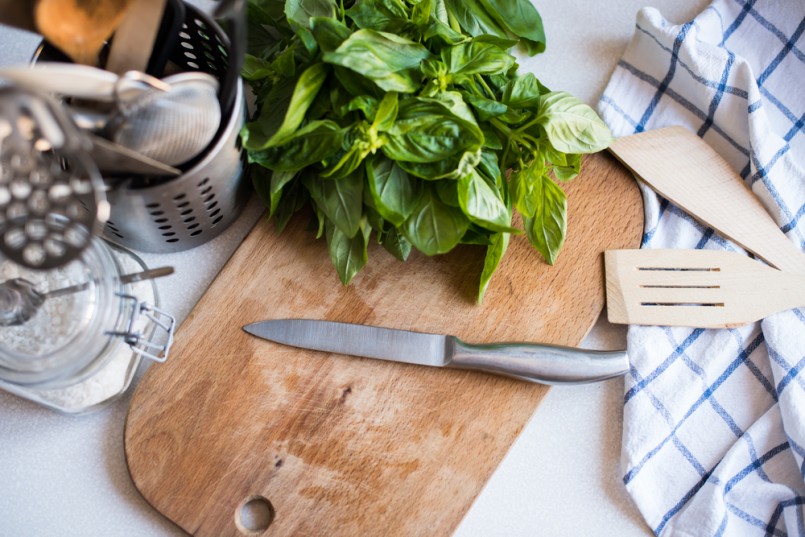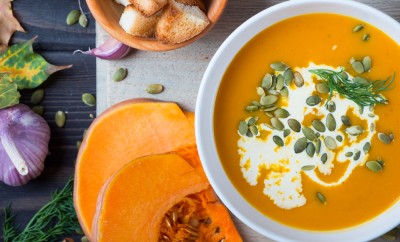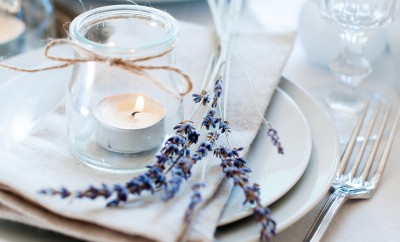Nutrition
How to save the world by cooking your own food

Image: Shutterstock/Daria Minaeva
With a fast-paced culture demanding our time and attention from the moment we wake until we collapse into bed at night, it’s no wonder most of us choose easy, to-go, frozen, pre-prepped or packaged meals. While we may realize that the reduction of time spent cooking for ourselves is connected to the consumption of at least partially inferior nutrition, we may not truly recognize the full cost of regularly opting for this convenience. According to Michael Pollan, author of Cooked (also a Netflix series), giving up control over the cooking of our own food is actually giving up control of our lives in more ways than we can ultimately afford.
Why cooking matters
Pollan, a University of California, Berkeley, journalism professor, focuses on the four classic elements of fire, earth, air and water for the act of transforming nature into foods we can consume. This connection to nature and the hands-on creation of our own food keeps us close to our natural world and communities, according to Pollan, as well as having some level of control over our health. In maintaining our relationship within these essential realms, we are also better able to ensure that justice stays present in our social and ecological systems. In addition, “food-like” substances and chemicals may find a way into our bellies via home-cooked meals far less often than in the easier, more highly-processed versions.
Pollan’s Cooked explains that, “Relying upon corporations to process our food means we consume large quantities of fat, sugar, and salt; disrupt an essential link to the natural world; and weaken our relationships with family and friends. In fact, taking back control of cooking may be the single most important step anyone can take to help make the American food system healthier and more sustainable.”
How to get control back
Of particular importance to Pollan is the local farmers market. These are the places within which we as regular citizens can show our solidarity with local farmers instead of corporations, and keep our dollars flowing into the local community. We can stay connected to the land and what grows with the changing seasons, live in better harmony with nature, and routinely cast our vote politically with our hometown cash purchases. Aside from growing our own food, which most of us don’t have the skill or space to do, this is the closest we can get to controlling our food production.
The costs of convenience
The consequence of relinquishing this connection is severe, Pollan warns. “Our growing distance from any direct, physical engagement with the processes by which the raw stuff of nature gets transformed into a cooked meal is changing our understanding of what food is,” his website insists, and Alternet further states, “The mainstream industrial food sector currently captures 80% of the financial profit, with only 20% going to the farmers. Localization keeps more money circulating in the community, rather than flowing away to the bank accounts of corporate executives who will likely invest it in yet more destruction. Such food localization supports the switch to an economic paradigm better attuned to the well-being of people and nature. The decline of everyday home cooking doesn’t only damage the health of our bodies and our land but also our families, our communities, and our sense of how our eating connects us to the world.”
How to start today, in several easy ways
If you’re new to cooking or don’t know the basics yet, Pollan’s website gives several great places to start, like apprenticing local cooks, those you know personally or viewing websites, books, or some of the YouTube videos he recommends. Any step in the direction of cooking for ourselves is a good one at this point, especially when we consider the alternatives and how many ways we will eventually pay for them.





0 comments